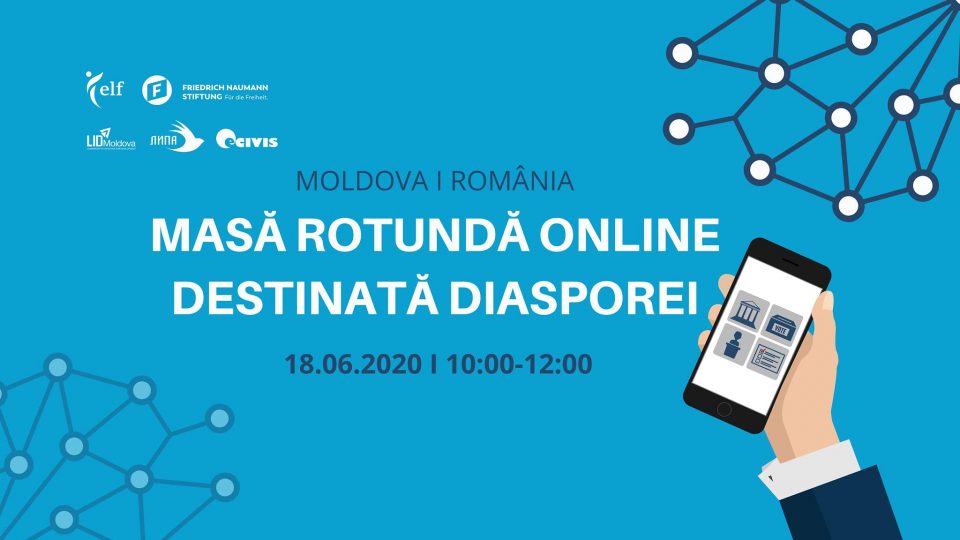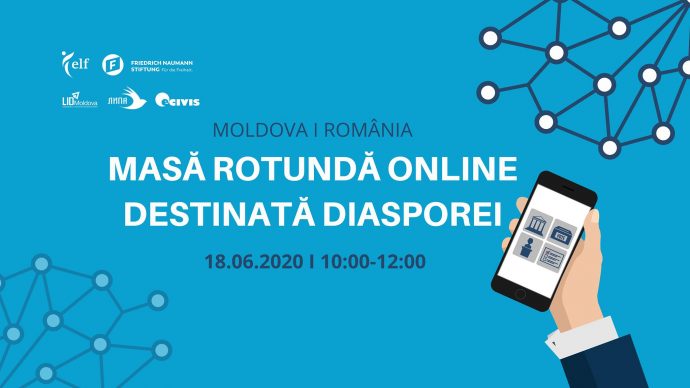REGISTER HERE
Millions of Eastern Europeans live and work abroad. Because of geographical reasons and few polling stations in the country of residence, their right to influence the democratic development of their home country through voting is denied. The project examines if internet voting could be a solution. We will debate the i-Voting system and its functionality to the public and stakeholders from East and Central Europe, using the key findings from research in Moldova and Romania.
Hundreds of thousands of citizens could have exercised their democratic right to vote abroad if in their home countries modern solutions were implemented by responsible governments. All countries face similar problems when speaking about elections and electoral rights of their citizens. They have large communities living abroad with a limited possibility to exercise their electoral rights. The number of polling stations opened abroad by Election Committees is critically insufficient. The costs are very high due to large distances to reach the polling stations, the queues are very long and consequently, citizens cannot exercise their basic right to elect their representatives. Recent elections for the EU Parliament in Romania and parliamentary elections in Moldova fully proved this. A rapid, working and elegant solution to this problem is the adoption of i-Voting system, similar to Estonian model. This mechanism is making the voting exercise much easier, transparent, accountable and widespread.
An online event organised by the European Liberal Forum (ELF). Supported by Friedrich Naumann Foundation for Freedom, Southeast Europe. Co-funded by the European Parliament. Cooperating partners: Liberal Institute for Political Analyses (LIPA) Bulgaria, Laboratory of Initiatives for Development (LID) Moldova, E-CIVIS Romania.

